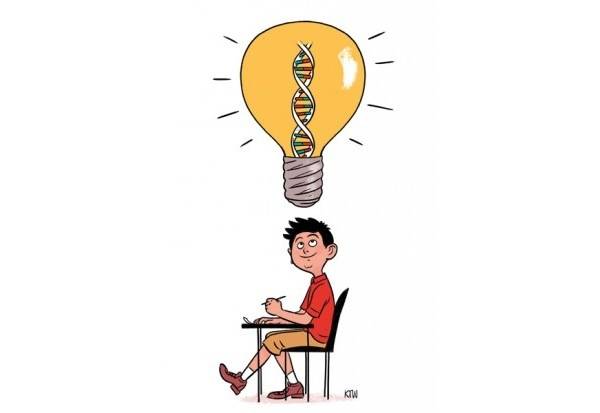The Hidden Challenges of High Intelligence
While an active mind can open many doors, being highly intelligent also comes with its share of struggles, according to experts. Research shows that above-average IQ can correlate with social difficulties, overthinking behaviours, and a lack of fulfilment. As intelligent individuals seek intellectual stimulation that everyday life often fails to provide, a sense of isolation may develop.
Analysis paralysis is a common phenomenon experienced by individuals who possess high levels of intelligence. It is a state where a person gets so caught up in analyzing numerous possibilities and scenarios that they ends up becoming indecisive or unable to take action. This can lead to procrastination, inefficiency in decision-making, and sometimes even a complete failure to decide at all. The individual finds themselves trapped in their thoughts, unable to move forward and make progress. It can be a frustrating experience, especially when one knows that they have the skills and knowledge to take action but are held back by their mind.
Additionally, strong cognitive abilities do not necessarily translate to superior emotional intelligence or social skills. Interacting with others and forming close bonds may therefore prove challenging.
Feelings of fraud are also prevalent. Despite outward achievements, intelligent individuals internalize self-doubt and a fear that their true abilities will someday be "found out." This imposter syndrome persists regardless of evidence of one's capabilities.
Another downside relates to boredom. For those with inquisitive, quickly learning minds, day-to-day life and routine tasks offer little mental exercise. Finding engaging work or hobbies that match a high intelligence threshold is difficult, leaving some vulnerable to restlessness and even depression.
The disconnect between an advanced internal world and the preferences of a wider society can breed loneliness as well. Marketable skills notwithstanding, true companionship from peers is elusive when perspectives and interests do not align.
While intelligence undoubtedly affords advantages, its potential social and emotional pitfalls suggest fostering self-awareness, emotional skills, balance and intellectual engagement are important for well-being. With effort, the upside need not be hampered by the downside. Mental health relies on addressing challenges, not just lavishing on strengths.




No comments yet
Be the first to share your thoughts!